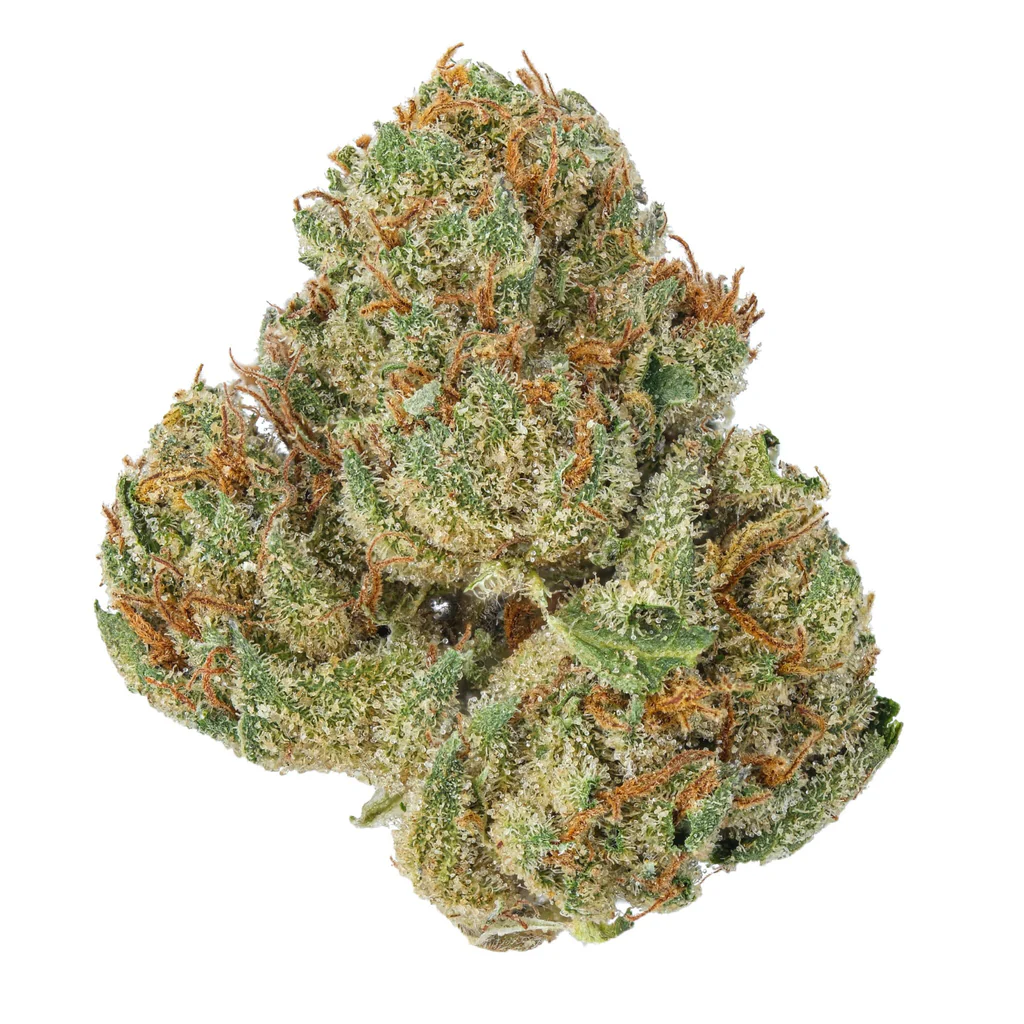The Future of Cannabis THCA Flower and Emerging Trends
As the cannabis industry continues to evolve, one of the most intriguing areas of development is the future of THCA tetrahydrocannabinolic acid flower. THCA, the non-psychoactive precursor to THC tetrahydrocannabinol, is gaining prominence due to its potential therapeutic benefits and its unique role in the broader cannabis landscape. THCA itself does not produce the psychoactive effects typically associated with cannabis. Instead, it remains in its acid form until it is exposed to heat or light, which converts it into THC through a process called decarboxylation. This characteristic makes THCA flower a particularly interesting subject of study and application, as it offers potential benefits without the immediate high. One of the emerging trends in the cannabis industry is the increased focus on the medicinal properties of THCA.

Research suggests that THCA may have anti-inflammatory, neuroprotective, and antiemetic properties. Patients dealing with conditions such as arthritis, neurodegenerative diseases, or nausea might find THCA-rich strains beneficial. This has led to a surge in demand for THCA flower, as consumers and medical patients alike seek out its potential therapeutic effects. Cultivators and breeders are beginning to focus on developing cannabis strains with higher THCA concentrations. This shift is driving innovation in breeding techniques and cultivation practices. Growers are exploring various genetic modifications and environmental controls to enhance THCA levels, aiming to meet the growing demand for this specific cannabinoid profile. These efforts are also leading to the development of new strains with tailored cannabinoid and terpene profiles, which could offer more targeted therapeutic benefits. Another trend is the integration of THCA products into wellness and holistic health regimens.
As interest in natural remedies and preventative health grows, THCA flower is being marketed as a wellness product that supports overall health without the psychoactive effects. This trend aligns with the broader movement towards functional foods and supplements, which emphasize natural and holistic approaches to health and well-being. Moreover, as regulations surrounding cannabis continue to evolve, there is a greater focus on standardizing and regulating THCA products. This includes efforts to establish clear guidelines for testing, labeling, and marketing exotic thca flower. These regulatory developments are crucial for ensuring product quality and consumer safety, and they will likely play a significant role in shaping the future of THCA in the market. The future of THCA flower is also intertwined with advancements in cannabis technology. Innovations such as precision breeding, advanced extraction techniques, and sophisticated analytical tools are contributing to a deeper understanding of THCA and its potential applications. As these technologies continue to develop, they will likely uncover new possibilities for THCA use and further drive its integration into the cannabis market.
